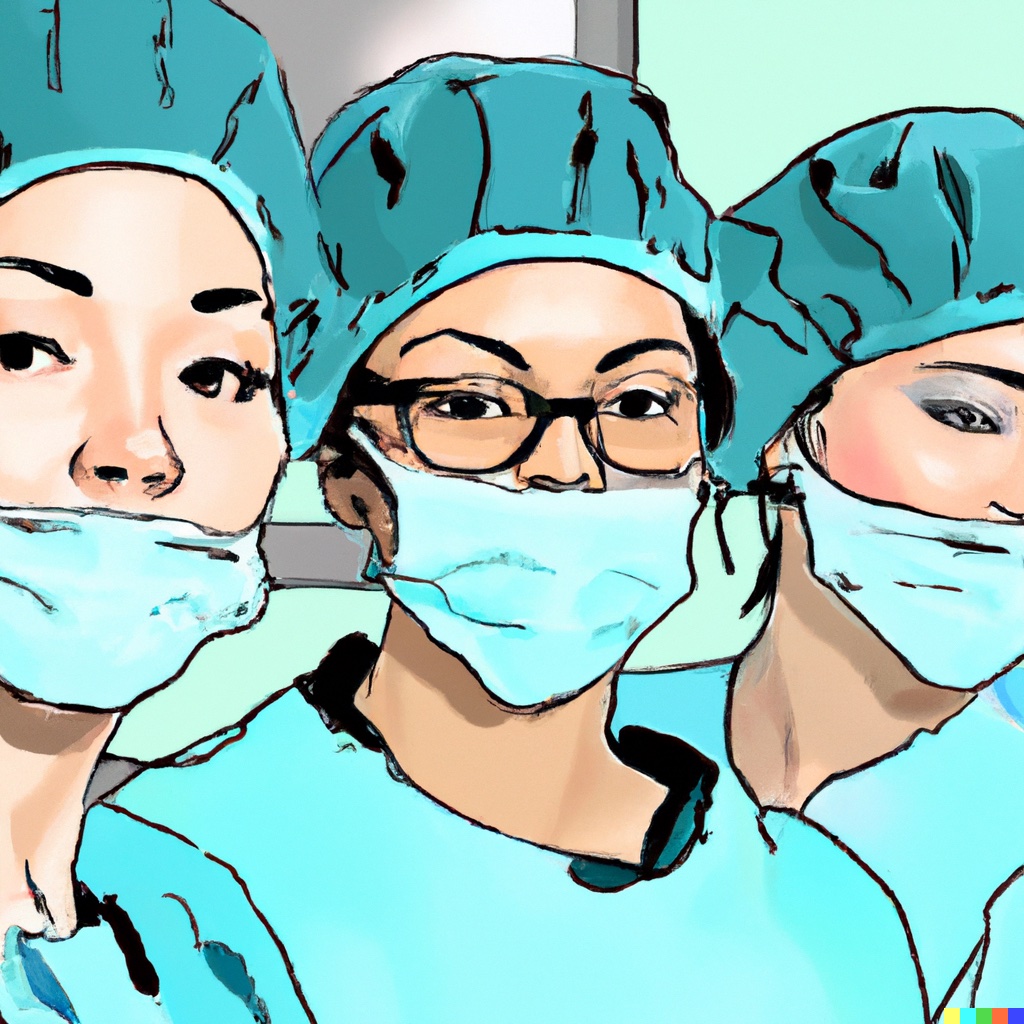The realm of surgical practice is intricate and demanding, requiring an amalgamation of technical skill, deep knowledge, and keen judgment. Among the various measures of a surgeon’s prowess, the ability to minimize postoperative complications stands paramount.
This essay explores why the minimization of complications is not just a desirable outcome but a fundamental attribute that distinguishes the best surgeons in the world.

Defining surgical excellence
Surgical excellence transcends mere technical skill. It encompasses a holistic approach towards patient care, where the surgeon’s priority is not only the success of the procedure but also the overall well-being of the patient. This involves pre-operative planning, intra-operative decision-making, and post-operative care.
The role of continuous learning and adaptation in a surgeon’s career. The best surgeons are those who stay abreast of the latest techniques and technologies, always seeking to improve their methods.
The impact of complications on patient outcomes
Complications can range from minor issues, causing discomfort or extended hospital stays, to major problems that can lead to long-term health issues or even mortality.
The psychological impact on patients and their families. A complication-free recovery is not just a physical relief but also a mental one, fostering trust in the healthcare system and the professionals within it.
Strategies for minimizing complications
Detailed pre-operative assessments to identify potential risk factors. This step is crucial in tailoring the surgical approach to each individual’s unique health profile.
Emphasis on minimally invasive techniques where appropriate, which have been shown to reduce recovery times and lower the risk of complications.
The importance of post-operative care, including monitoring for signs of complications and providing clear guidelines for recovery.
The role of teamwork and communication
Surgery is not a solo endeavor. The best outcomes are often the result of coordinated teamwork, including nurses, anesthetists, and other specialists.
Effective communication with patients about the risks and expected outcomes of surgery. This not only prepares them for the procedure but also engages them in their own recovery process.
The broader impact of surgical complications
On Surgeons and Surgical Teams
Surgeons carry the weight of responsibility for patient outcomes. Complications can have a profound psychological impact on them, sometimes leading to stress, self-doubt, and a phenomenon known as ‘second victim syndrome’.
Surgical teams also feel the impact. High complication rates can lead to decreased morale and increased turnover, affecting the cohesion and efficiency of the team.
On Healthcare Institutions
Complications often translate into longer hospital stays, increased use of resources, and additional procedures, which escalate healthcare costs.
The reputation of healthcare institutions hinges significantly on their surgical success rates. High complication rates can erode public trust and decrease patient referrals, impacting the institution’s financial health and standing in the healthcare community.
On Society
At a societal level, surgical complications contribute significantly to the overall burden of healthcare. They can lead to increased healthcare expenses, which may be borne by patients, insurance systems, or government healthcare programs.
There’s also a broader economic impact. Complications can prolong patient recovery times, delaying their return to work and contributing to productivity losses.
Conclusion
The best surgeons in the world are distinguished not just by their technical abilities but by their relentless pursuit of patient safety and well-being. Minimizing complications is a multifaceted challenge that demands excellence at every step of the surgical process. As the field of surgery evolves, this principle remains constant: the best surgeons are those who prioritize their patients’ holistic health, striving for outcomes that are as complication-free as possible.


